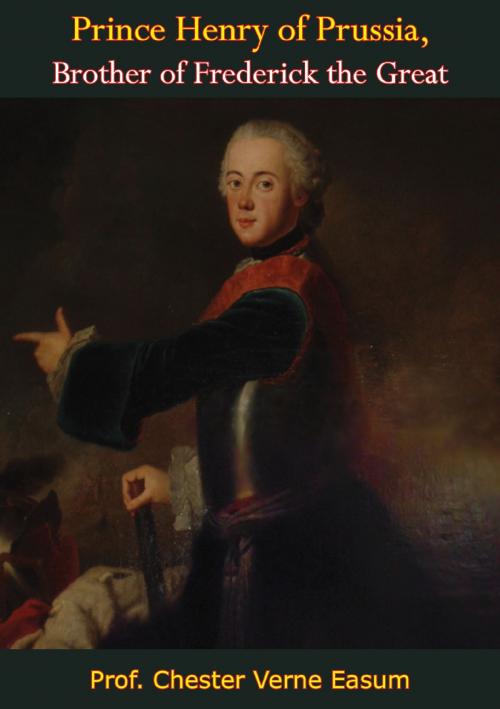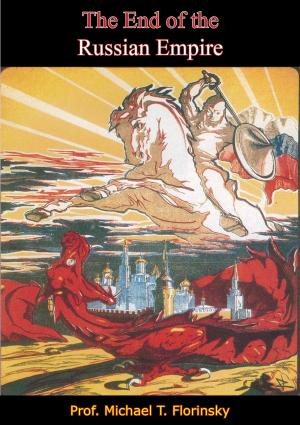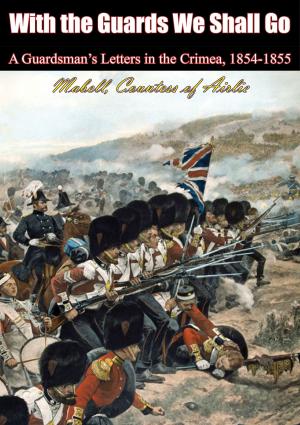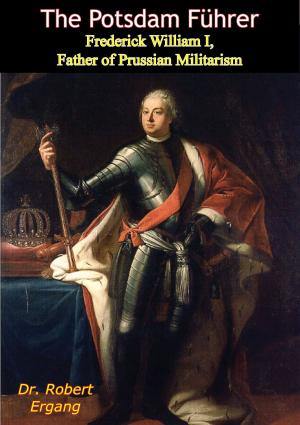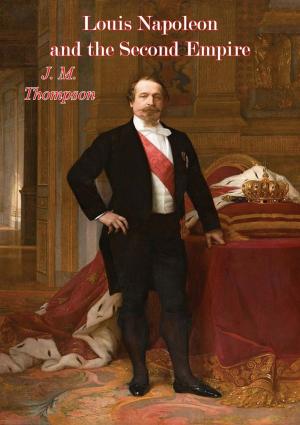Prince Henry of Prussia, Brother of Frederick the Great
Nonfiction, History, France, European General, British| Author: | Prof. Chester Verne Easum | ISBN: | 9781789120738 |
| Publisher: | Borodino Books | Publication: | March 12, 2018 |
| Imprint: | Borodino Books | Language: | English |
| Author: | Prof. Chester Verne Easum |
| ISBN: | 9781789120738 |
| Publisher: | Borodino Books |
| Publication: | March 12, 2018 |
| Imprint: | Borodino Books |
| Language: | English |
This book by renowned Professor of German History, Chester Verne Easum, which was first published in 1942, is devoted to Prince Henry, the younger brother of Prussia’s Frederick the Great. Frederick Henry Louis (1726-1802), commonly known as Henry (Heinrich) also served as a general and statesman, leading Prussian armies in the Silesian Wars and the Seven Years’ War, in which he did not lose a single battle.
“The man principally responsible for the achievements of Frederick II of Prussia was Frederick himself. No one else earned for him the title of “Frederick the Great,” Friedrich der Einzige, or “Old Fritz.” Yet he owed much of his success to the work of his predecessors, particularly the Great Elector and Frederick William I, and much to the help his brother Henry gave him. As the rather obscure figure of the younger brother emerges from the shadow of the throne only as the light of investigation is thrown upon it, so Frederick himself takes on a new and in some ways more attractive appearance as his character is more fully revealed by the study of his relationship with Henry. Far from being discredited, he gains more than he loses as a result of this renewed scrutiny. So does Henry.”
This book by renowned Professor of German History, Chester Verne Easum, which was first published in 1942, is devoted to Prince Henry, the younger brother of Prussia’s Frederick the Great. Frederick Henry Louis (1726-1802), commonly known as Henry (Heinrich) also served as a general and statesman, leading Prussian armies in the Silesian Wars and the Seven Years’ War, in which he did not lose a single battle.
“The man principally responsible for the achievements of Frederick II of Prussia was Frederick himself. No one else earned for him the title of “Frederick the Great,” Friedrich der Einzige, or “Old Fritz.” Yet he owed much of his success to the work of his predecessors, particularly the Great Elector and Frederick William I, and much to the help his brother Henry gave him. As the rather obscure figure of the younger brother emerges from the shadow of the throne only as the light of investigation is thrown upon it, so Frederick himself takes on a new and in some ways more attractive appearance as his character is more fully revealed by the study of his relationship with Henry. Far from being discredited, he gains more than he loses as a result of this renewed scrutiny. So does Henry.”
